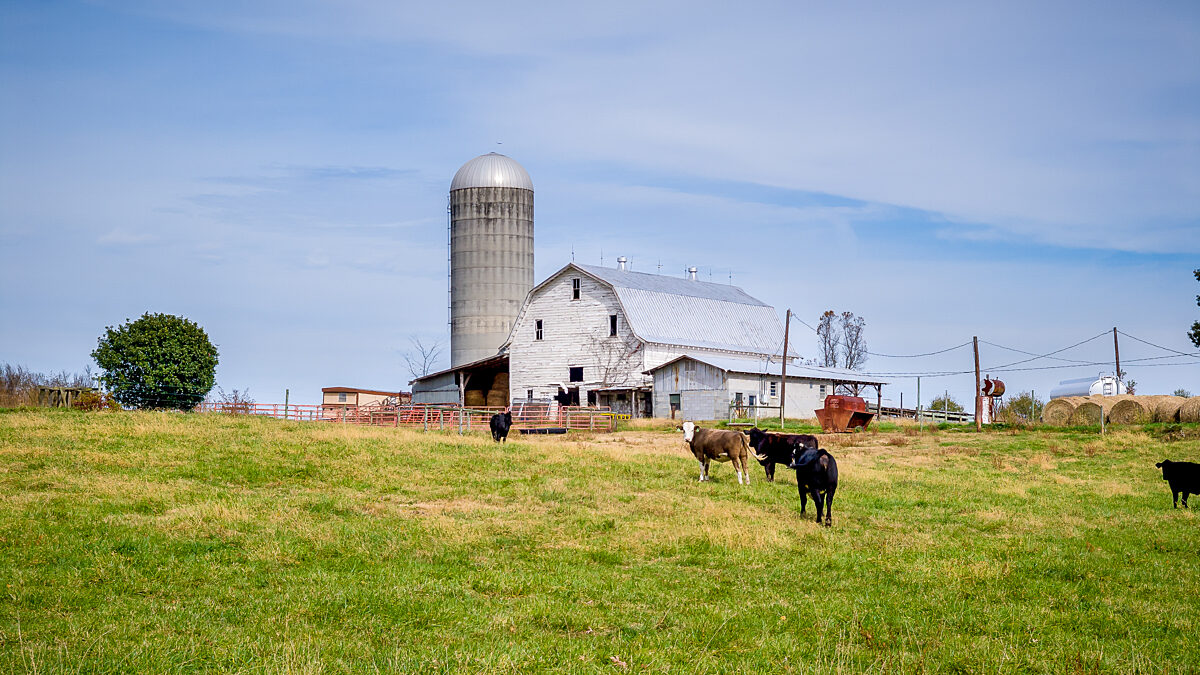Farmers Call for Swift Action on Emissions Reporting Bill
TOPICS
EnvironmentErin Anthony
Director, Communications

photo credit: North Carolina Farm Bureau, Used with Permission
Erin Anthony
Director, Communications
Unless Congress acts quickly on a Senate bill to exempt most farms and ranches from unnecessary reporting of routine air emissions from animals and their manure, nearly 200,000 farms and ranches across the country could face the threat of activist lawsuits, the American Farm Bureau Federation is warning.
The Fair Agricultural Reporting Method (FARM) Act (S. 2421) would clarify that normal emissions from farm animals and their manure are not reportable under the Comprehensive Environmental Response, Compensation, and Liability Act (CERCLA), which requires facilities to report releases of hazardous substances that exceed certain threshold quantities within a 24-hour period.
Both the Bush and Obama administrations supported a rule exempting most farms from the need to report low-level emissions, but activist groups successfully blocked the rule last year at the D.C. Circuit Court of Appeals. The court has stayed its April 2017 decision multiple times, with the latest stay slated to expire on May 1.
As the FARM Act makes clear, “Congress did not intend for emergency air emission reporting to apply to day-to-day practices on agricultural operations, recognizing that low-level, continuous emissions of ammonia and hydrogen sulfide from livestock are a part of everyday life,” AFBF President Zippy Duvall noted in a recent letter to the bill’s cosponsors.
If the court ruling goes into effect, hundreds of thousands of farmers and ranchers will not only have to contend with an overly burdensome, unintended regulatory obligation, they will face the threat of both activist lawsuits and the sharing of their sensitive private information.
The ruling also puts the nation’s environmental and public health at risk.
The hazardous substance release reports required under CERCLA are taken by the Coast Guard’s National Response Center, which averages about 28,351 reports annually.
“This increase of over four times the average annual amount, in the weeks after the court’s decision goes into effect, could prevent the Coast Guard from responding to actual hazardous waste emergencies, entirely defeating the primary purpose of CERCLA,” Duvall pointed out.
With the clock ticking on the duration of the stay, Farm Bureau is calling for urgent action.
“Farmers and ranchers are looking to Congress to act swiftly to protect their privacy and their businesses from the financial strain and burden of these unnecessary requirements to report ordinary activities on their land,” Duvall wrote.
Trending Topics
VIEW ALL